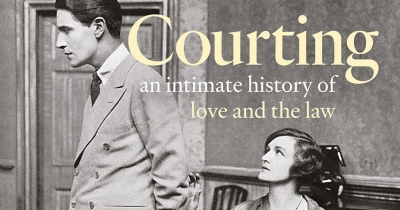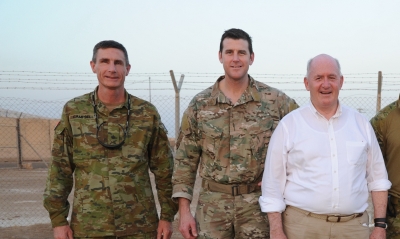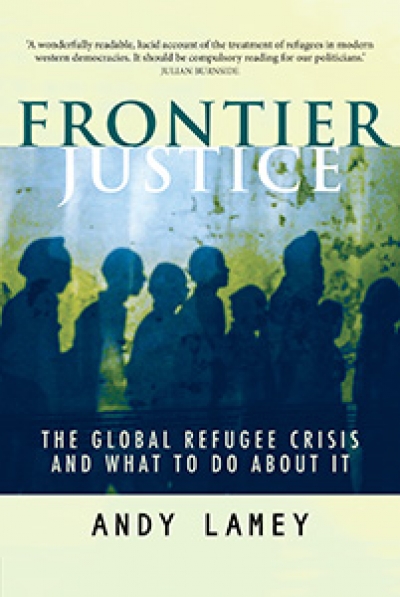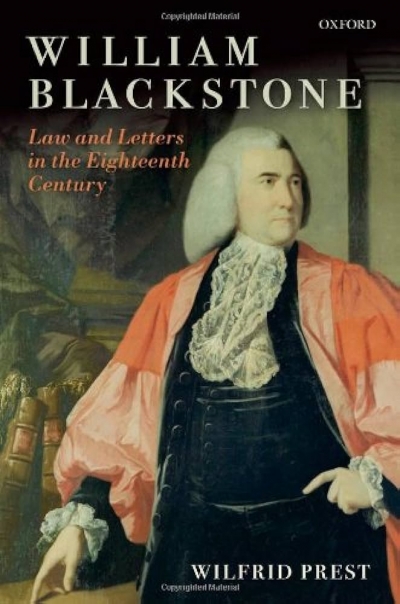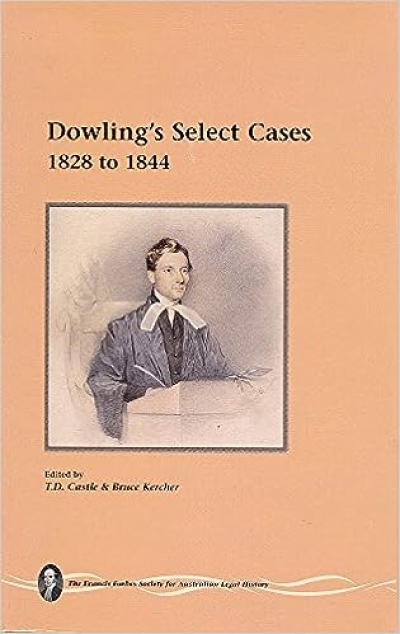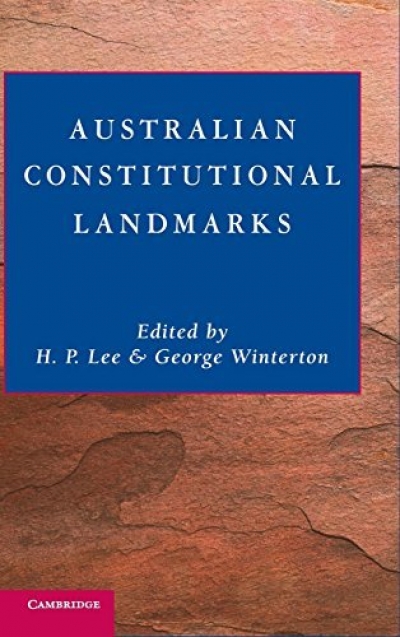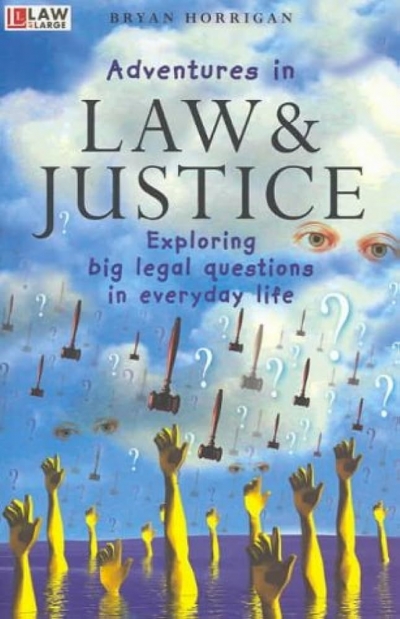Legal Studies
Suing for Silence: Sexual violence and defamation law by Mandi Gray
by Jessica Lake •
Courting: An intimate history of love and the law by Alecia Simmonds
by Zoe Smith •
Justice Anthony Besanko’s dismissal of Ben Roberts-Smith’s defamation proceedings against a trio of mastheads – The Age, The Canberra Times, and The Sydney Morning Herald, at the time all owned by Fairfax – was a comprehensive victory for those newspapers. It was a vindication of their serious investigative journalism on matters of high public interest. And it was a devastating blow to the reputation of Roberts-Smith.
... (read more)Frontier Justice by Andy Lamey & Contesting Citizenship by Anne McNevin
by Peter Mares •
William Blackstone: Law and Letters in The Eighteenth-Century by Michael Kirby
by Michael Kirby •
Dowling’s Select Cases, 1828 To 1844 edited by T.D. Castle and Bruce Kercher
by Ian Barker •
Native Title in Australia by Peter Sutton & Crossing Boundaries edited by Sandy Toussaint
by Stephen Muecke •
Australian Constitutional Landmarks by H.P. Lee and George Winterton
by Michael Kirby •


